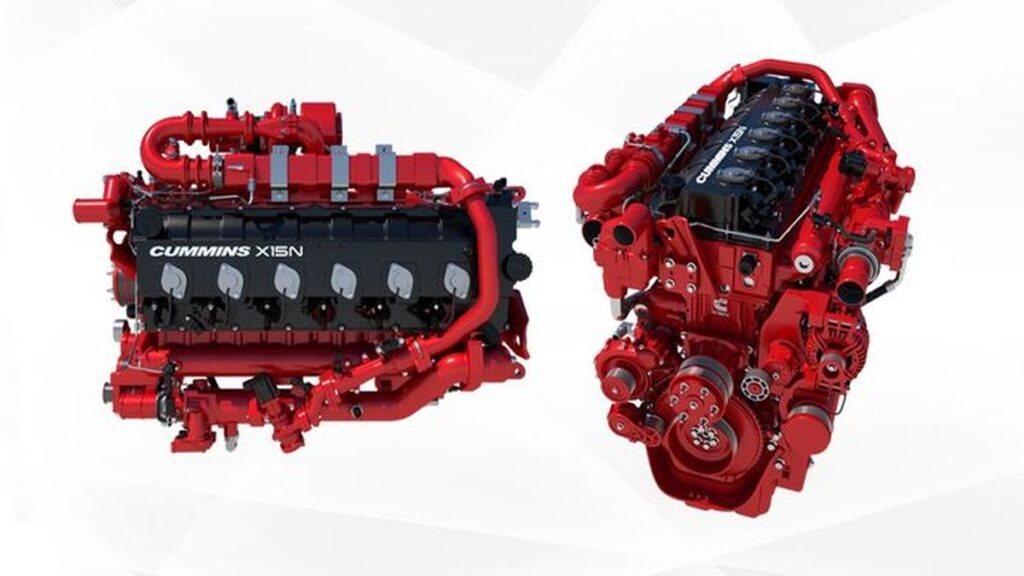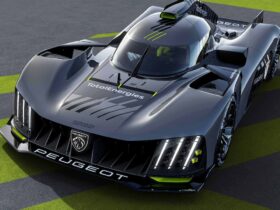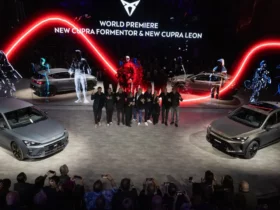Cummins, one of the world’s leading engine manufacturers, has just introduced a new engine that it calls “universal combustion”. This could become a solution to using synthetic fuels and the possibilities offered by hydrogen, options that car manufacturers are studying to keep combustion engines alive beyond the fateful date of 2035.
In addition to cars, it is also predictable a radical transformation of heavy transport by 2030. Several manufacturers are already working on electric or hydrogen fuel cell trucks, especially as European-wide reports indicate that over the next decade it will take approx 200,000 zero-emission trucks. Certainly not a very easy goal to achieve.
The specialists of Cummins, one of the largest truck engine manufacturers, have come up with an interesting novelty. So far, only car and truck engines can run on one or two fuels, gasoline, diesel, gas or biodiesel. The manufacturer has already conducted evaluations on combustion engines that use hydrogen as a propellant, but never before has it been presented a so-called universal internal combustion engine . It is, without a doubt, an interesting novelty, since its new engine is capable of running on any type of fuel.
Cummins, one universal engine for different fuels
Cummins sources explained that this is a platform that uses the same engine blocks and key components, which are common to current combustion engines. The real differences lie only in the upper part of the engine, where components are inserted that adapt according to the fuel with which it is fed. A very clever solution, which avoids huge costs since it means having a single block and adapting it with minimal costs and changes.

The company has several engine series, B, L and X, and this new technology allows them to be powered by diesel, synthetic diesel, natural gas and hydrogen. Cummins confirmed that this new, more sustainable approach will be implemented in a named engine “B6.7”, mounted above all on agricultural or construction machinery, with six cylinders in line, turbocharged with variable geometry and able to develop da 155 a 326 CV . An engine that will work with diesel, natural gas, petrol, propane and hydrogen, depending on the customer’s choice. What is not possible is to change the power mode during its operation.
Despite being an engine for a very particular and specific use, it undoubtedly opens the door to a very interesting scenario for the future of cars. Many car manufacturers are fighting to ensure that combustion engines do not disappear by 2035, also warning that models electric cars will not be as cheap as the current generation of heat engine cars. But a universal engine like Cummins’ could change the cards, with brands having a single engine to produce and possibly modify, thus greatly lowering production costs and at the same time offering an environmentally friendly model.
















Leave a Reply
View Comments